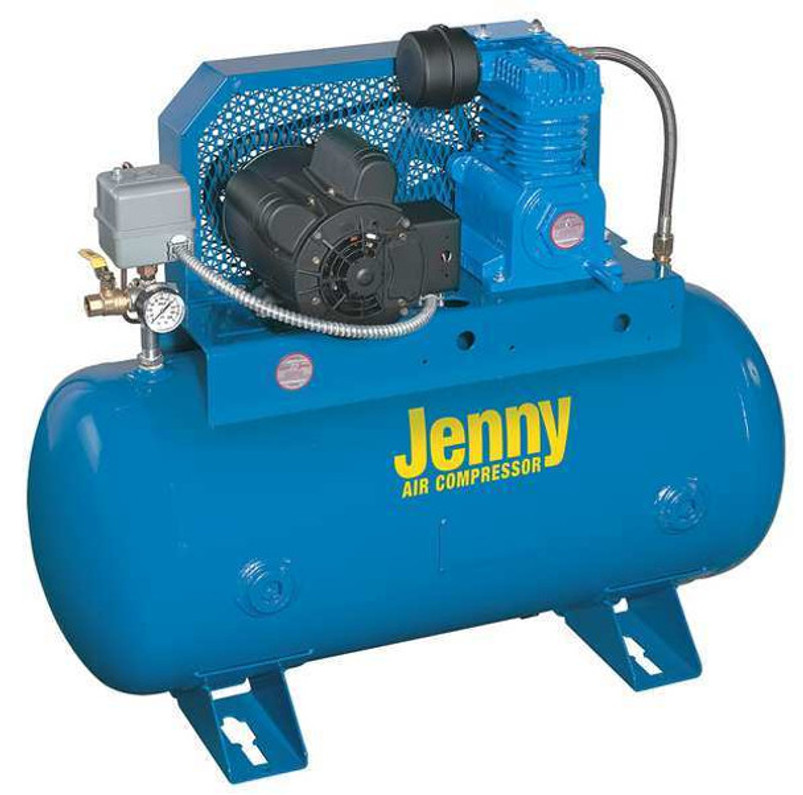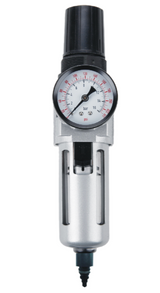The Sound of Trouble: Diagnosing Strange Noises in Your Air Compressor
Your air compressor is a workhorse, a reliable partner for countless tasks. But what happens when that familiar hum turns into something... else? Beyond the common issue of overheating, strange noises can be a tell-tale sign that something isn't right under the hood. Ignoring these sounds can lead to bigger problems, costly repairs, or even a complete breakdown.
At Master Tool Repair, we're all about keeping your tools running smoothly. So, let's play detective and decode the mysterious language of a troubled air compressor.
Hissing: The Leaky Suspect
A persistent hissing sound almost always points to one thing: a leak. Air is escaping where it shouldn't be.
- What it means: A leak in the air lines, fittings, tank, or even a faulty pressure switch.
- Potential Part Culprits:
- Air Hoses & Fittings: Check all connections for looseness or damage.
- Tank Drain Valve: Ensure it's fully closed and not leaking.
- Pressure Switch: Internal leaks can cause a hiss.
- Check Valve: If air is escaping back through the intake, the check valve might be failing.
- Safety Valve: A faulty or over-pressurized safety valve can hiss.
- What to do: Listen closely to pinpoint the source. A spray bottle with soapy water can help – look for bubbles!
Clunking or Banging: The Internal Struggle
A deep, rhythmic clunking or banging often indicates a more serious internal issue within the pump.
- What it means: Loose or worn internal components.
- Potential Part Culprits:
- Connecting Rod: A loose or broken connecting rod.
- Piston Pin: Worn or damaged piston pin.
- Crankshaft: Issues with the crankshaft bearings.
- Flywheel: A loose flywheel.
- What to do: This often requires disassembly of the pump. If you're not comfortable, it might be time to consider a professional or a replacement pump.
Grinding: The Friction Factor
A harsh grinding sound is usually a sign of metal-on-metal contact where it shouldn't be, or worn bearings.
- What it means: Worn bearings, a failing motor, or debris inside the pump.
- Potential Part Culprits:
- Motor Bearings: Worn motor bearings can produce a grinding sound.
- Pump Bearings: Bearings within the compressor pump.
- Fan Blades: If they're hitting the housing.
- Debris: Something might have gotten into the pump or motor housing.
- What to do: Disconnect power immediately. Inspect the fan for obstructions. If the sound persists and seems internal, further investigation of bearings is needed.
Squealing: The Friction Warning
A high-pitched squealing sound is typically a classic sign of friction.
- What it means: A loose or worn belt, or a failing bearing in the motor or pump.
- Potential Part Culprits:
- Drive Belt: Loose, worn, or cracked belt.
- Motor Bearings: As with grinding, but sometimes a higher pitch indicates early stages of wear.
- Pump Bearings: Similar to motor bearings.
- What to do: Check the tension and condition of the drive belt first. If the belt looks good, investigate bearings.
Don't Ignore the Warning Signs!
Early diagnosis and repair can save you significant time, money, and frustration down the line. If you're hearing any of these unusual noises, don't wait until your compressor gives up the ghost.
At Master Tool Repair, we stock a vast selection of replacement parts for all major air compressor brands. From pressure switches and check valves to entire pump assemblies and motors, we've got what you need to get your air compressor back to its smooth, quiet operation.
Recent Posts
-
Why Dry Air is Non-Negotiable for Your Operations
In many industrial and commercial settings, compressed air is the lifeblood of operations. It powers …Jul 8, 2025 -
The Sound of Trouble: Diagnosing Strange Noises in Your Air Compressor
Your air compressor is a workhorse, a reliable partner for countless tasks. But what happens when th …Jul 2, 2025 -
Mastering Your Compressor: How to Set the Perfect Pressure for Any Job
One of the most frequent questions we hear at Master Tool Repair is: "What pressure should my air co …Jun 6, 2025




